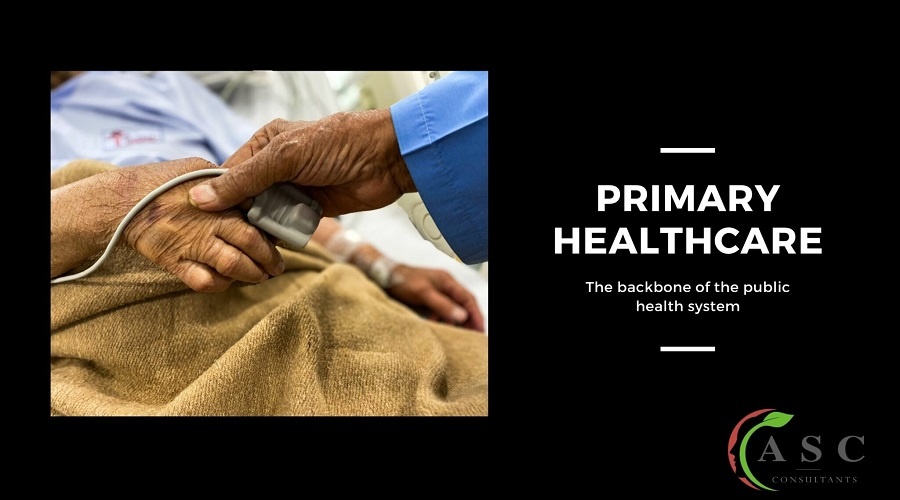Primary health care is the first contact that communities make with the country’s national health system. It is the first constituent of the health care system. Primary healthcare is meant to facilitate health care provision as close as possible to where communities are.
The main focus areas of primary healthcare are;
- health promotion,
- collaboration with communities and
- preventive care.
This is done to prevent otherwise controllable diseases or disorders developing into serious illnesses that could have long-lasting impacts on the individual’s health, thereby causing a burden to the entire health care system.
Besides, it ensures efficient, high quality, appropriate universal access to health care services to the general populace while considering communities’ overall socio-economic standing.
Primary healthcare also places a lot of emphasis on Health Education to educate people of disease or disorder prevention.
Health education is the provision of different learning methods developed to ensure that people adopt behaviour beneficial to their health.
An example of an effective health education programme is the roll-out of programmes using different media outlets to educate people on the importance of handwashing to prevent the spread of COVID-19. Health education considers the targeted audience literacy levels, various learning tools, and different mediums that could be used to send out the message. Health education about the importance of washing hands with soap and water has been a critical strategy to combat COVID-19.
The emphasis of primary health care on health education, inter-sectoral relationships and collaboration with communities and community organisations ensures its notable success and effectiveness. Therefore, it must be functional because it forms a core of the country’s public health system.
Written by: Mthokozisi Nkosi (CEO of ASC Consultants and Public Health scholar & Consultant)
Related Articles
Check out our other related articles for more tips!







